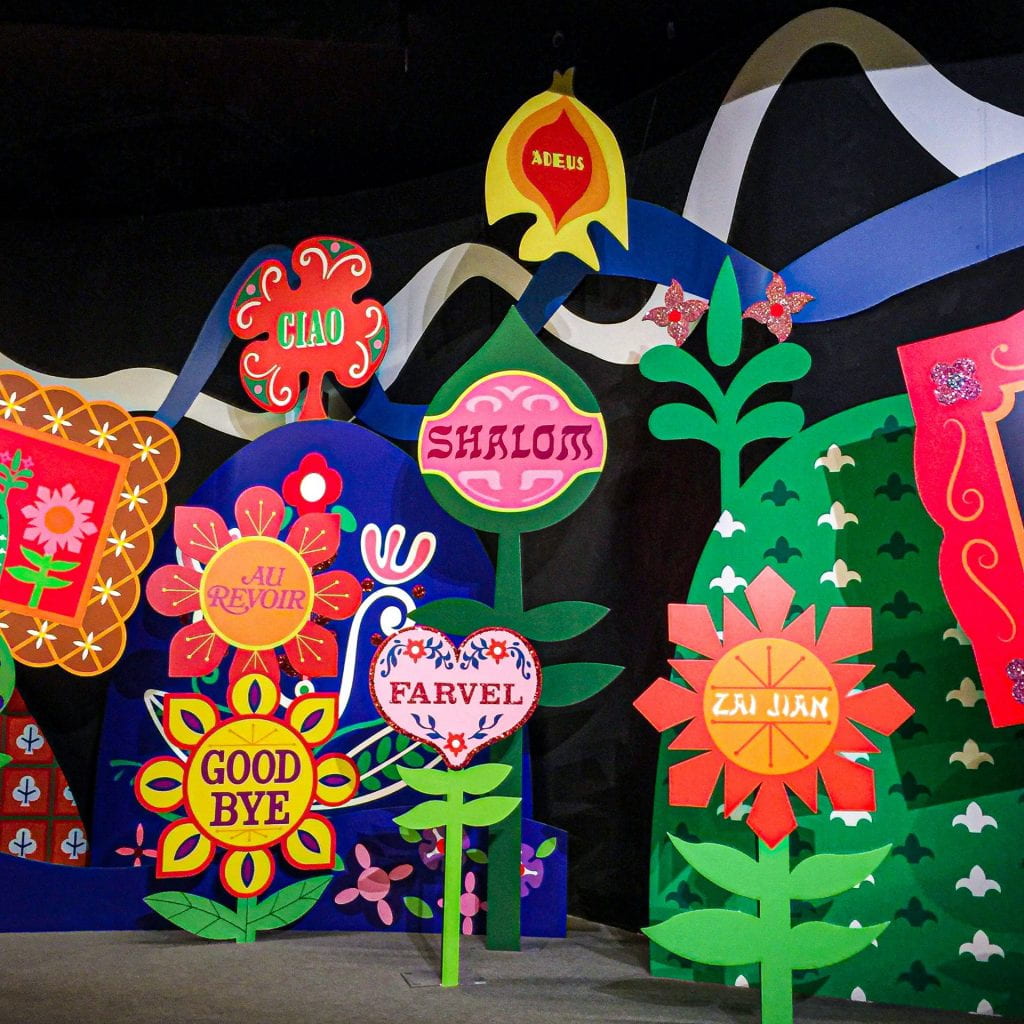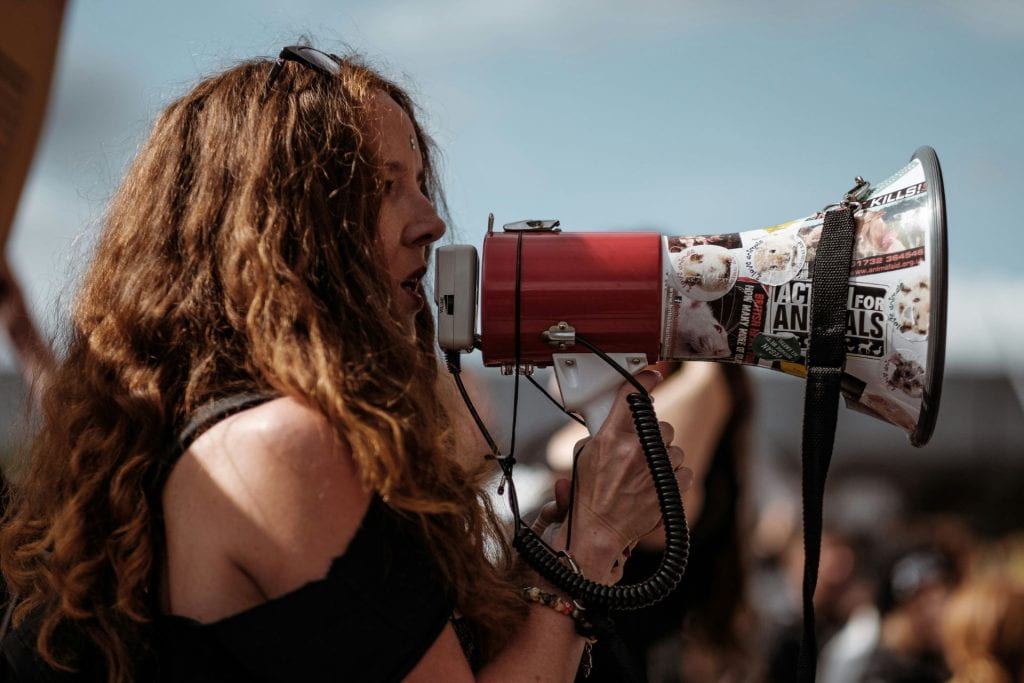
Last time I flew into the UK from my hometown I had a revelation. It was the first time I heard my mother-tongue spoken through the plane tannoy. I cannot tell you how elated I was. After over 20 years of shuttling between Barcelona and London, it was the first time my language, Catalan, was used by the usual formal welcome of the pilot and their technical account of the flight path, the weather conditions to be encountered, and the duration of the flight. My mother tongue, the intimate, personal language that had accompanied me through the early part of my life, had suddenly made it big. My heart filled with joy, my language suddenly connected with the privileged aerospace realm, and its beautiful tinted blue skies and sea of clouds. I wanted to get up and give a huge hug to the pilot to show my infinite gratitude for the bravery of including my language, a minority language, in his announcement. I felt visible and validated. It was at this moment that I fully realised how linguistically deprived, and how different my relationship with my mother tongue was to those of monolingual speakers of English or Spanish. Whilst in my life-time Catalan had so far travelled hidden from view and unheard, it finally travelled first class.
In the Department of Educational Studies, we welcome and value students’ linguistic and cultural baggage and their knowledges and ways of viewing the world so that they travel comfortably in their educational journeys. We acknowledge that languages other than English do not just belong to the community or to first generations of migrants, but we consider languages as a key aspect of lived experience, that we take with us wherever we go, as a shell on our backs. In the Department of Educational Studies, we welcome and value students’ linguistic funds of knowledge and their cultural diversity.
In our MA in Education, Culture and Identity, students’ language repertoires are seen as deeply entangled and in connection with people, spaces, and materiality, whilst acknowledging the power of inequalities permeating their use. Given that in the UK approximately a third of students speak another language at home in addition to English, adopting a linguistically and culturally inclusive and socially equitable approach to languages and language education is key. One of the aims of this MA is to counter monolingual ideologies and approaches to education that see the English as an Additional Language (EAL) student as deficient. Honouring a considerable amount of research into literacy, bilingualism, and intercultural communication, we start from the premise that students and their linguistic diversity bring a wealth of experiences and cultural capital to the learning process. We believe that languages and the linguistic and cultural diversity of the student population should not only be valued for the functional skills, the cognitive benefits and social mobility they bring, but also for other equally important social, creative and compassionate benefits. By valuing students’ languages and their cultures, we not only help decolonise teacher’s knowledge and minds, and diversify ways of seeing, but we promote fundamental human qualities both in teachers and learners such as empathy, hospitality, and care for others, whatever their linguistic background.
When you come to the Department of Educational Studies your languages and those of your students will be valued and harnessed as vital parts of one’s identity and ways of being in the world. Such an approach is guaranteed to facilitate speedy boarding next time you embark on a new linguistic and cultural adventure. In acknowledging languages and cultures as alternative and genuine resources for knowledge in your future teaching career, no language will be left behind, and no child will be travelling to school without their languages and cultures neatly packed in their school bag.
By Cristina Ros Sole, cristina.ros@gold.ac.uk
MAs in the Department of Educational Studies which you might be interested in are:
MA Education: Culture Language and Identity, soon to be MA in Social Justice
The MA Education: Culture, Language and Identity has been developed into the MA Social Justice in Education (new from September 2024). We build very much upon the strong and popular basis that is the MA Education: Culture, Language and Identity drawing upon the expertise of talented and knowledgeable academics. This programme is designed for you if you are interested in how questions around social justice impact upon education as well as lived aspects of our lives. In part, this new MA aims to address issues faced by those in informal learning contexts as well as formal educators at all levels, international settings and related fields.
You can find full details about this very popular MA on the website here:
MA Children’s Literature
You can find full details about this very popular MA on the website here:
MA Children’s Literature: Illustration Pathway
You can find full details about this very popular MA on the website here:
MA Arts and Learning
You can find full details about this very popular MA on the website here:
MA Multilingualism, Linguistics and Education
You can find full details about this very popular MA on the website here:
MA in Creative Writing and Education
You can learn more about the MA in Creative Writing and Education here.
